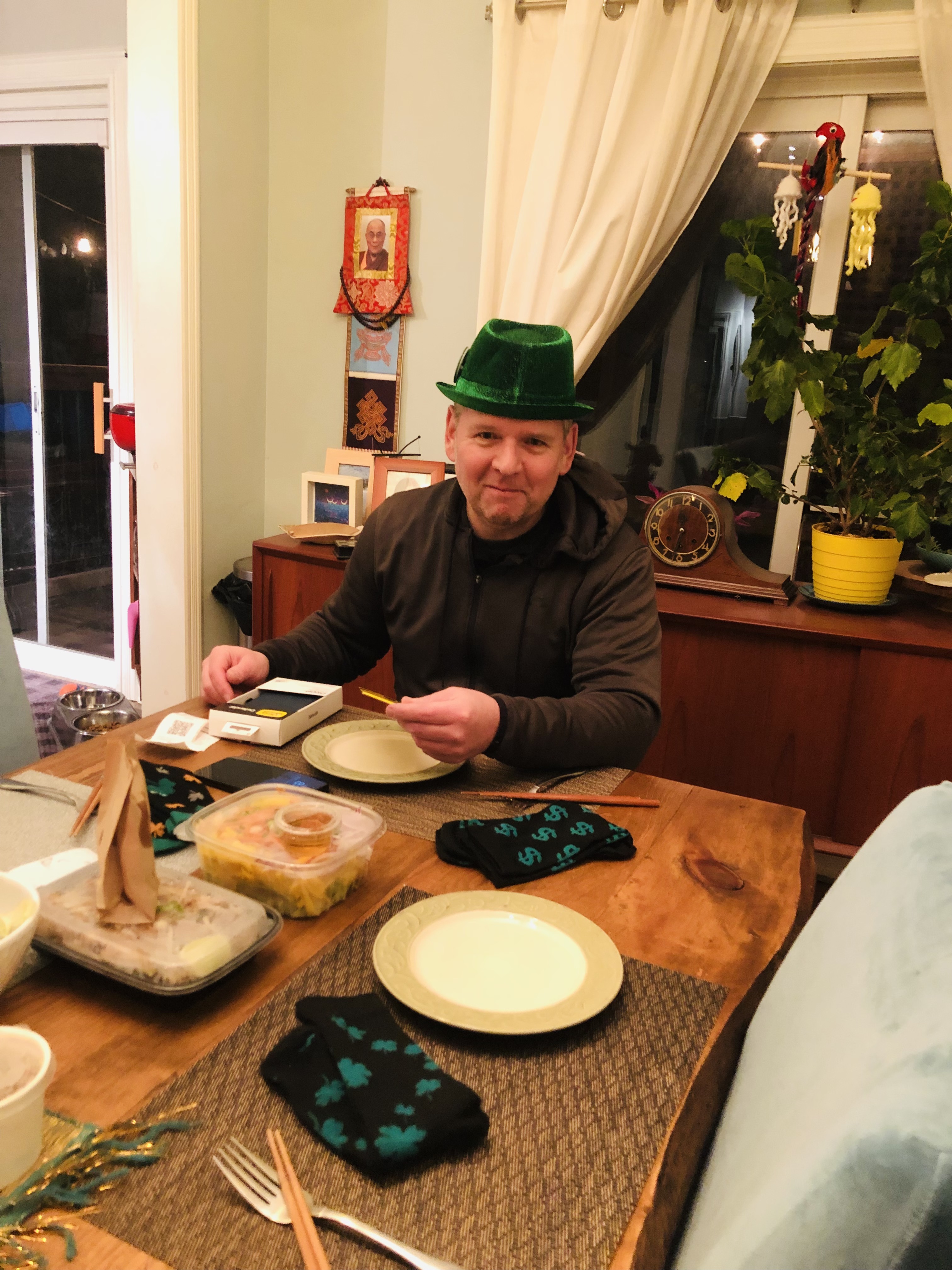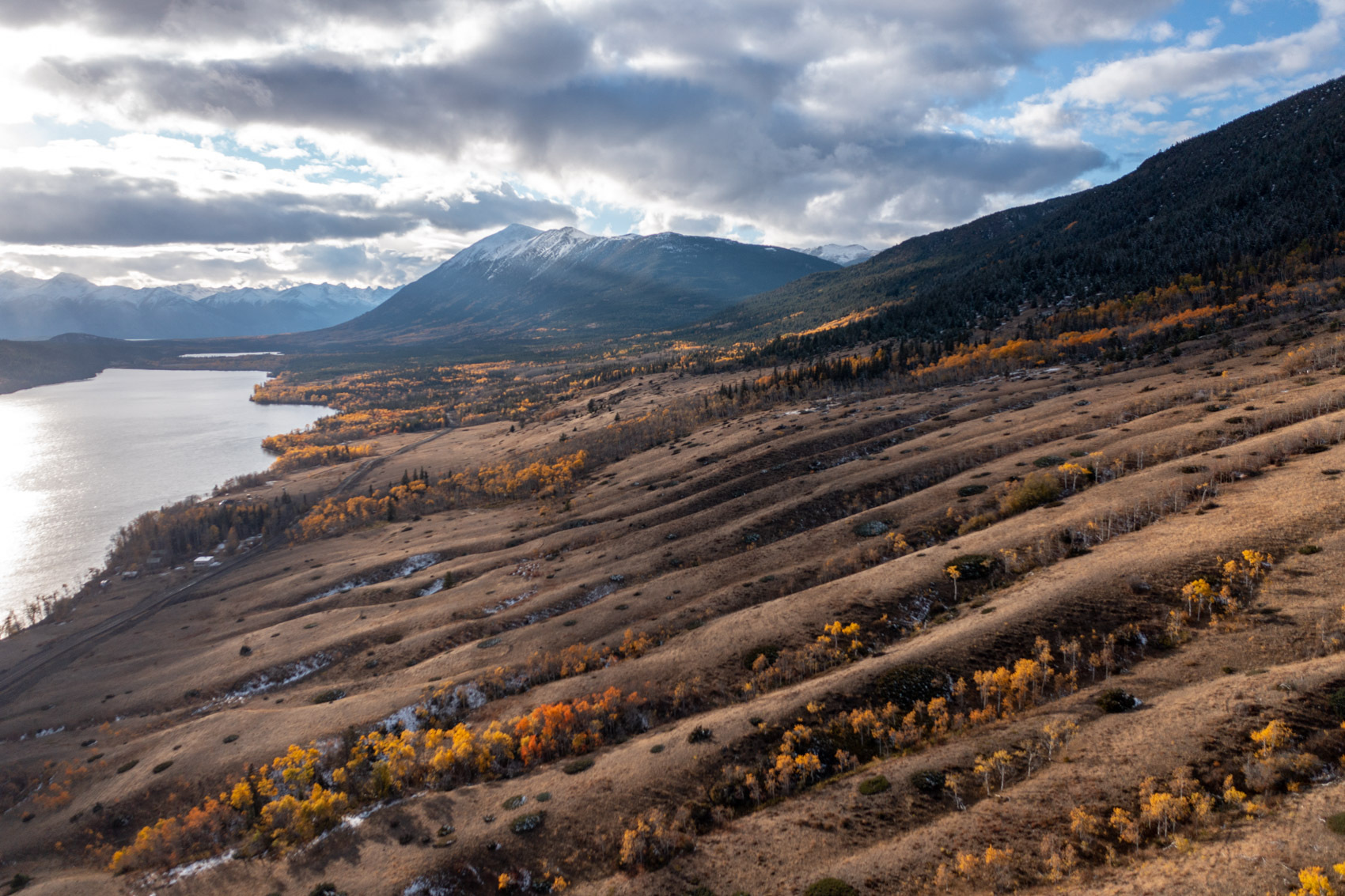For most of my life, I was convinced my grandfather was immortal. Wayne Beigel grew up during the Great Depression, where hope and nutrition were scarce. He lost his father (and later in life, two of his own children) at a young age. His plane was shot down in World War II and he spent the remainder of the fighting in a P.O.W. camp. During this time, he lost most of his teeth, all of his health, and never paused to complain about any of it. In fact, these hardships equipped him with an unusual vigor for the monotonous slog that is everyday life, as well as an almost supernatural ability to stay alive as the years marched on.
He fell down a set of bleachers when he was eighty and had little to show for it but some disgruntled pride; he never bothered “eating clean”; he smoked for decades (I’m pretty sure cancer was more afraid of him than he was of it); he got pneumonia when he was in his nineties, and it took only two days and some ice cream to get over it; he drove himself to daily mass every day in his own car (if you ever suggested driving him, God help you); he bought a house (with stairs) and lived alone for years; he took few medications, and he never once used a wheelchair. He did condescend to pick up a cane every now and then, but only at the insistent badgering of his daughters.
Again and again, I witnessed Grandpa Wayne flaunt age and frailty with gusto. He was invincible. Gramps, the Fighter. Gramps, the Solider. Gramps, the Great and Powerful. The possibility of death coming for my grandfather, even when he was in his late nineties, was laughable. Of course I knew deep down that nobody lives forever, but---well, if anyone ever did want to pull it off, Wayne was the perfect man for the job.
So when he got sick, I didn’t take the news very seriously. I was sure he would be out of the hospital in no time at all. But then my mother told me they were moving him to hospice care. “Hospice.” The word and everything it implied echoed in my brain like an infernal bell. My world cracked open, a reality rushed across the threshold with cruel and reckless abandon. The unthinkable had just become a fact.
Death was knocking on the door and laughing.
His decline happened quickly. He began to speak to people nobody else could see and chuckle at voices only he could hear. I forced myself to visit so I could say goodbye and because I knew I would regret it if I didn’t. But it was hard. I barely recognized the frail, shrunken body stretched out on the sterile white bed, in the sterile white room, in this sterile, lifeless building where people came to die. I watched his clear blue eyes---which had always glistened with wit and temper—grow faded and dull. Those eyes terrified me. When I gazed into their uncomprehending depths, all my lofty ideas of a peaceful afterlife---complete with angel wings, celestial choirs, and saints---crumbled around me. They became nothing but flimsy tales of wind and tinsel, spun by apish creatures who could not bring themselves to accept the grim fact that everyone dies, and maybe that’s all there is to the story. After about a month, Grandpa died quietly in his hospice bed. One of my cousins was with him at the time, saying a rosary. When the nurse stopped by to check on things, she paused for a moment, looked at Grandpa, and then looked back at my cousin.
“Oh, honey,” she said softly. “He’s gone.”
And that was it.
***
The whole thing was insultingly anticlimactic. A great man puts more than ninety years on this planet, and in the blink of eye, he evaporates into nothingness like dew in the sun. My religion had always told me to welcome death. It was supposed to be “the gateway to eternal life.” But when I saw death’s stark cruelty, displayed so blatantly in the face of my grandfather, death seemed to be anything but a friend. It was a pitiless, cosmic executioner.
Few things have made me stand on the precipice of agnosticism so much as the reality of my grandfather’s passing. What kind of God would set a universe up this way? Breathing life into flesh suits, allowing them to live and love and suffer, and then snuffing them out whenever He feels like it, disregarding the holes such an act leaves behind in the hearts of all the people forced to live on without the person they love. Death is so moving and frightening because it touches infinity. It is an inevitable uncertainty, stamped upon this fragile universe we all inherit at birth. We don’t know what happens after. It could be something new---or nothing at all.
I’m not sure where Grandpa is now. The only thing I know for certain is that he sucked life dry and relished every drop. He was so happy to experience the broken, messy, beautiful catastrophe of human experience. Living was never something he took for granted. Because he knew life wasn’t guaranteed, he treated it as a privilege. While Grandpa’s death caused my soul to be rioted by despair and unbelief, it also sparked within me a renewed appreciated for the present. His passing gave birth to a new kind of faith: that I have a right to hope for a life well lived, and the choice to seize every moment.
He fell down a set of bleachers when he was eighty and had little to show for it but some disgruntled pride; he never bothered “eating clean”; he smoked for decades (I’m pretty sure cancer was more afraid of him than he was of it); he got pneumonia when he was in his nineties, and it took only two days and some ice cream to get over it; he drove himself to daily mass every day in his own car (if you ever suggested driving him, God help you); he bought a house (with stairs) and lived alone for years; he took few medications, and he never once used a wheelchair. He did condescend to pick up a cane every now and then, but only at the insistent badgering of his daughters.
Again and again, I witnessed Grandpa Wayne flaunt age and frailty with gusto. He was invincible. Gramps, the Fighter. Gramps, the Solider. Gramps, the Great and Powerful. The possibility of death coming for my grandfather, even when he was in his late nineties, was laughable. Of course I knew deep down that nobody lives forever, but---well, if anyone ever did want to pull it off, Wayne was the perfect man for the job.
So when he got sick, I didn’t take the news very seriously. I was sure he would be out of the hospital in no time at all. But then my mother told me they were moving him to hospice care. “Hospice.” The word and everything it implied echoed in my brain like an infernal bell. My world cracked open, a reality rushed across the threshold with cruel and reckless abandon. The unthinkable had just become a fact.
Death was knocking on the door and laughing.
His decline happened quickly. He began to speak to people nobody else could see and chuckle at voices only he could hear. I forced myself to visit so I could say goodbye and because I knew I would regret it if I didn’t. But it was hard. I barely recognized the frail, shrunken body stretched out on the sterile white bed, in the sterile white room, in this sterile, lifeless building where people came to die. I watched his clear blue eyes---which had always glistened with wit and temper—grow faded and dull. Those eyes terrified me. When I gazed into their uncomprehending depths, all my lofty ideas of a peaceful afterlife---complete with angel wings, celestial choirs, and saints---crumbled around me. They became nothing but flimsy tales of wind and tinsel, spun by apish creatures who could not bring themselves to accept the grim fact that everyone dies, and maybe that’s all there is to the story. After about a month, Grandpa died quietly in his hospice bed. One of my cousins was with him at the time, saying a rosary. When the nurse stopped by to check on things, she paused for a moment, looked at Grandpa, and then looked back at my cousin.
“Oh, honey,” she said softly. “He’s gone.”
And that was it.
***
The whole thing was insultingly anticlimactic. A great man puts more than ninety years on this planet, and in the blink of eye, he evaporates into nothingness like dew in the sun. My religion had always told me to welcome death. It was supposed to be “the gateway to eternal life.” But when I saw death’s stark cruelty, displayed so blatantly in the face of my grandfather, death seemed to be anything but a friend. It was a pitiless, cosmic executioner.
Few things have made me stand on the precipice of agnosticism so much as the reality of my grandfather’s passing. What kind of God would set a universe up this way? Breathing life into flesh suits, allowing them to live and love and suffer, and then snuffing them out whenever He feels like it, disregarding the holes such an act leaves behind in the hearts of all the people forced to live on without the person they love. Death is so moving and frightening because it touches infinity. It is an inevitable uncertainty, stamped upon this fragile universe we all inherit at birth. We don’t know what happens after. It could be something new---or nothing at all.
I’m not sure where Grandpa is now. The only thing I know for certain is that he sucked life dry and relished every drop. He was so happy to experience the broken, messy, beautiful catastrophe of human experience. Living was never something he took for granted. Because he knew life wasn’t guaranteed, he treated it as a privilege. While Grandpa’s death caused my soul to be rioted by despair and unbelief, it also sparked within me a renewed appreciated for the present. His passing gave birth to a new kind of faith: that I have a right to hope for a life well lived, and the choice to seize every moment.



